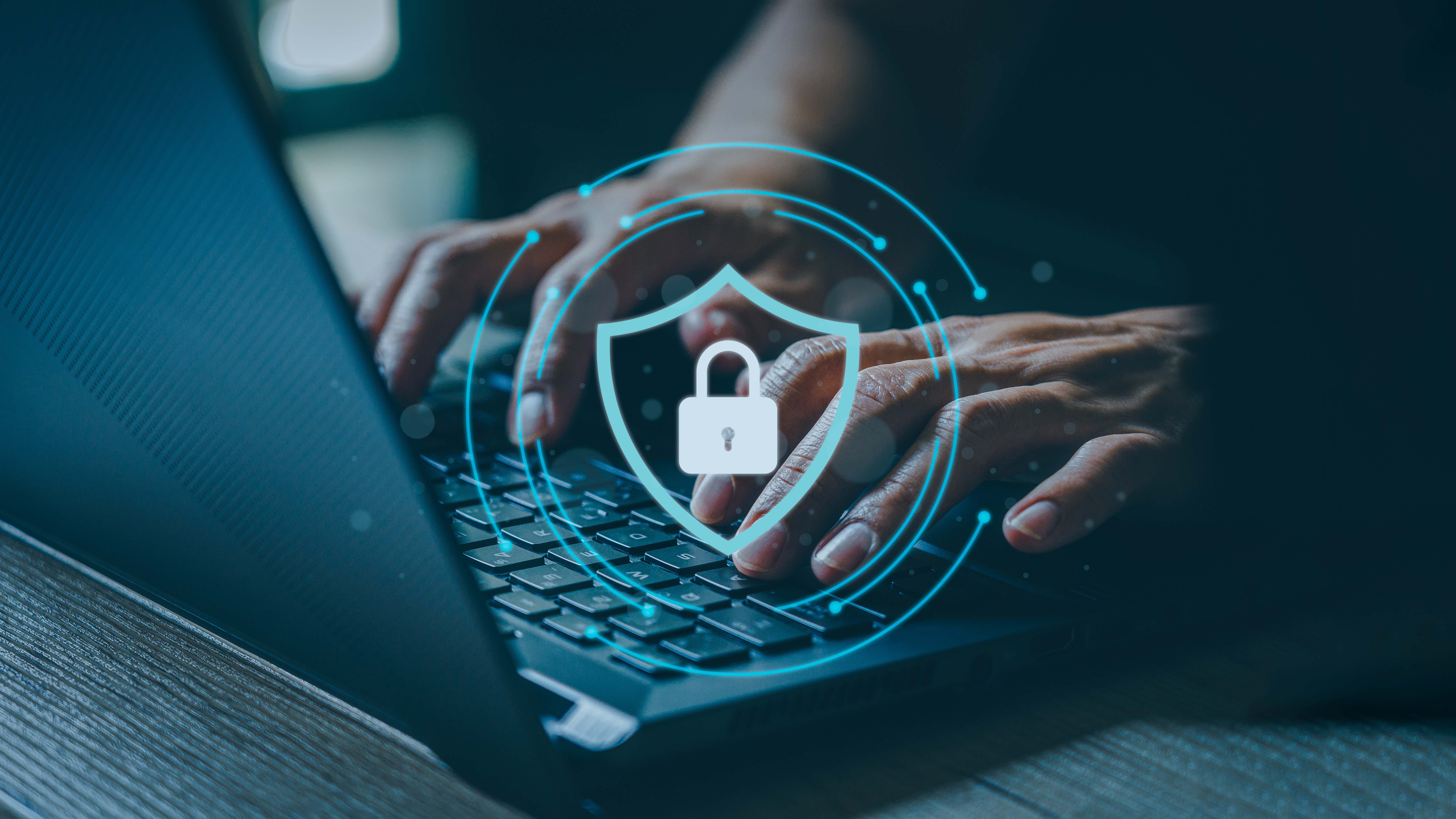Malware
Malicious software designed to infiltrate and damage computer systems. This can include viruses, worms, and ransomware.
Scareware
A type of malicious software or fraudulent tactic used by cybercriminals to scare or deceive users into taking specific actions, such as purchasing fake antivirus software or providing personal information. Scareware often presents itself as a pop-up message or alert on a user's computer or device, claiming that the system is infected with viruses or malware and urging the user to take immediate action to fix the alleged issue.
Phishing
A type of cyber attack where hackers use deceptive emails or websites to trick individuals into providing sensitive information, such as passwords or credit card numbers.
Smishing
Fraudsters use text messages to try to deceive you into providing sensitive information or clicking on malicious links. Smishing attacks often involve urgent or alarming messages that prompt recipients to take immediate action, such as contacting a fake customer service number or visiting a fraudulent website.
Identity Theft
Identity theft occurs when someone steals another person's personal information, such as Social Security number, credit card details, or bank account information, to commit fraud or other crimes.
While this is not a complete list of terms, keeping up-to-date with current cyber threats can help to protect your sensitive information. If something seems off, it's always a good idea to double-check. Remember, Tyndall will never ask for personal information or contact you after hours. If you have any doubts, don't hesitate to call us directly and ask for verification before taking any action. Your security is important, so trust your instincts and take the necessary precautions to stay safe online.

